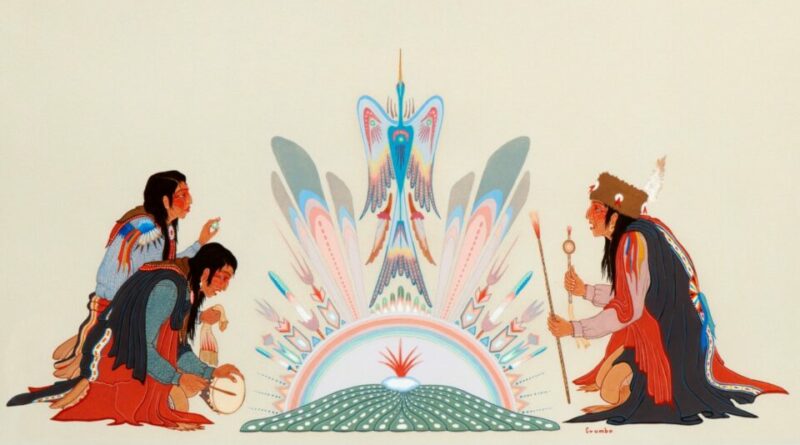A Brief Peyote History and Therapy
[Please note that this page contains affiliate links. If you choose to purchase after clicking a link, I may receive a commission at no extra cost to you.]
New psychedelic research has been shown to help cure mental health problems using LSD, psilocybin, MDMA, DMT, Ayahuasca, Ibogaine, Ketamine and now Peyote.
Psychedelic research today has picked up where it left off 50 years ago before its worldwide ban in 1966.
It is one of the lesser-known psychedelics and has been in Western Culture since the Ingenious people found it.
For thousands of years, indigenous people have used psychedelics such as peyote for healing and spiritual growth.
It has been used in the past and today to heal physical and mental illnesses.
Peyote Therapy and a Brief History
It is derived from the word peyotl, and it comes from the Aztecan language Nahuatl.
It translates into a “caterpillar cocoon” to articulate what the shape of the cactus looks like.
Peyote (Lophophora williamsii) is a small but spineless cactus that grows only in North America.
It mainly grows in the South of Texas in the United States and throughout Mexico.
Inside the cactuses biology, there are many psychoactive compounds found.
The most popular compound is called mescaline, and it is responsible for most of the psychedelic effects you receive from the cactus.
The cactus that grows within the region is sacred to the First Nations people.
A Scientific Look at Peyote
In 2005 a paper was released on how the scientists used radiocarbon dating to determine the age of two peyote samples they found.
The samples were discovered in Native American ruins located in Texas.
The scientists determined that the peyote samples were over 5700 years old.
This means that Native Americans could have been utilizing these psychoactive effects from peyote for thousands and thousands of years.
Like other psychedelics, mescaline turns on the serotonin 2A receptors found in the brain.
This explains why experiences under its influence are identical to that of psilocybin and LSD.
The effects you get from it will depend on the amount taken and the person setting and intentions, just like other psychedelics.
Microdose or smaller doses may make the user feel more energized and experience minor perceptual distortions.
Taking a big dose of peyote can produce an altered state of consciousness, and peyote effects typically last ten hours.
Moderate to significant doses of peyote may include:
- Strong emotional states
- Altered states of consciousness
- Altered state of time
- Hallucinations
- Mystical-like experiences
- Anxiety
- Nausea
Peyote Benefits
For the sacramental purpose, the Native American Church is an organization by law allowed to use peyote in their ceremonies.
The Native American Church doesn’t view it as a drug.
Instead, they regard it as medicine for its healing purposes.
It is not viewed as a drug but as medicine for healing purposes.
Some Indigenous people have also found more widespread uses for peyote.
For example, some tribes use peyote for healing properties with the pain in childbirth, rheumatism, fever, toothaches, alcoholism, and addictions to other drugs.
A recently published study has found that using mescaline reduces anxiety, depression, and PTSD symptoms.
People with a history of substance use disorders found a massive reduction in drugs and alcohol after just one experience with mescaline.
Half of the patients in the study also reported it was the most significant spiritual experience of their lives.
A 2013 study showed that people who have used mescaline had substantially lower rates of agoraphobia, which is an anxiety disorder with going outside.
The study suggests that peyote use could significantly reduce symptoms of anxiety.
First Nation cultures have been and are ahead of their time in numerous areas, and their understanding of it shows that humanity has a lot more to learn from them.


